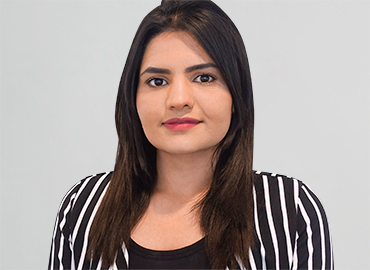Overarching modules
The overarching modules convey general business knowledge. In specialist courses, such as International Management, Business Communication, Responsible Leadership and an international concentration of your choice, you will learn how economic correlations work in a globalized world. You will also learn how to consider and interpret social and cultural aspects when making entrepreneurial decisions. In this context, we encourage students to engage critically with different topic areas whilst also teaching practical methods and models.
The overarching modules have an interdisciplinary structure, which will enable you to adopt a broad-minded approach to business. You will collaborate with students on other Master’s programs and exchange experiences in order to further your knowledge and skills. This will allow you to supplement your entrepreneurial toolkit with approaches and perspectives from students on different programs, such as International Marketing, Sports Business, and Innovation and Entrepreneurship.
Electives
By completing electives, your personal choice of courses, you will round out your profile and add further individual highlights. You can choose from a diverse pool of courses, including courses on financial topics such as private equity and venture capital, quantitative business methods in finance with Python, bank management, or other interesting topics such as international business law, communication management, or “Success Factor Happiness.” Alternatively, you can work on an individual research project.
![]()
![]()
![]()








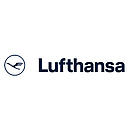




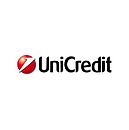





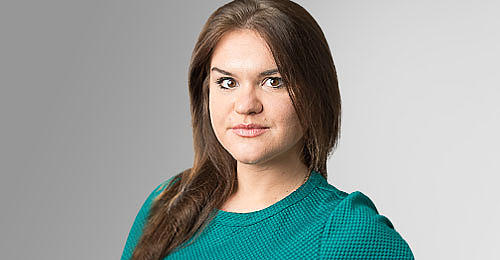

![[Translate to Englisch:] Mentoring Programm [Translate to Englisch:] Mentoring Programm](/fileadmin/_processed_/b/9/csm_MBS_Mentoring_Programm_54813e9101.jpg)




